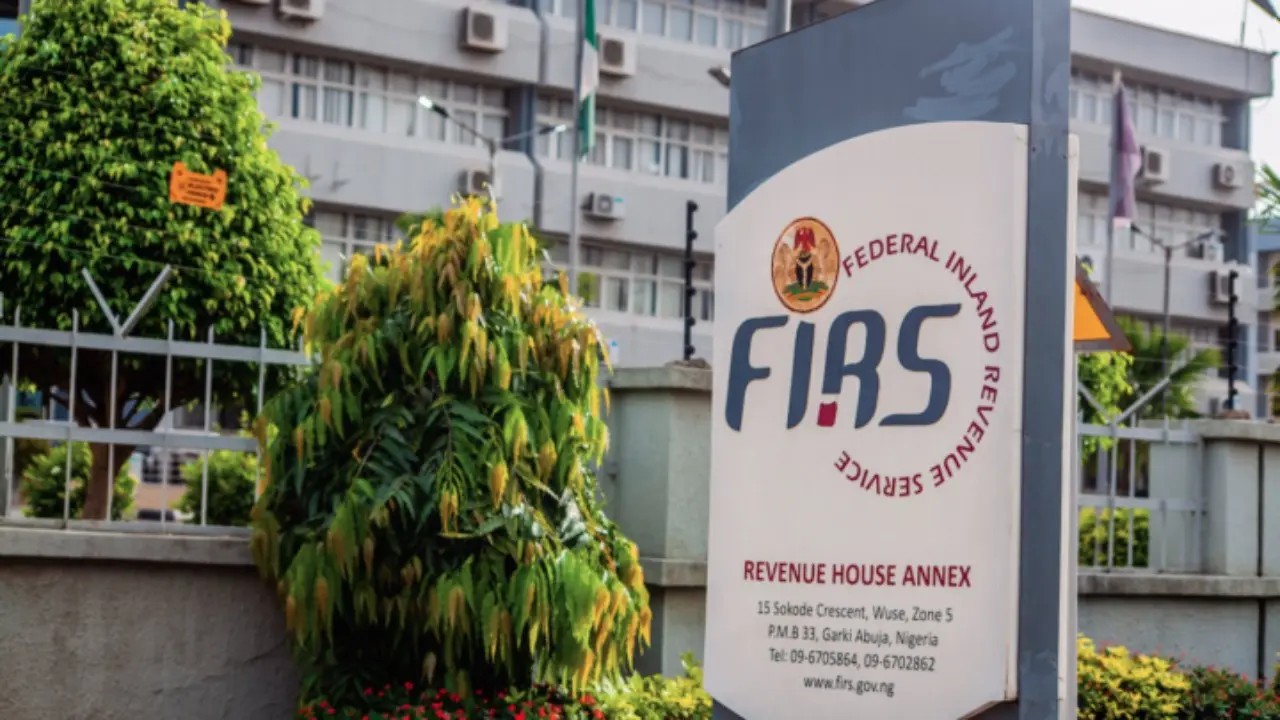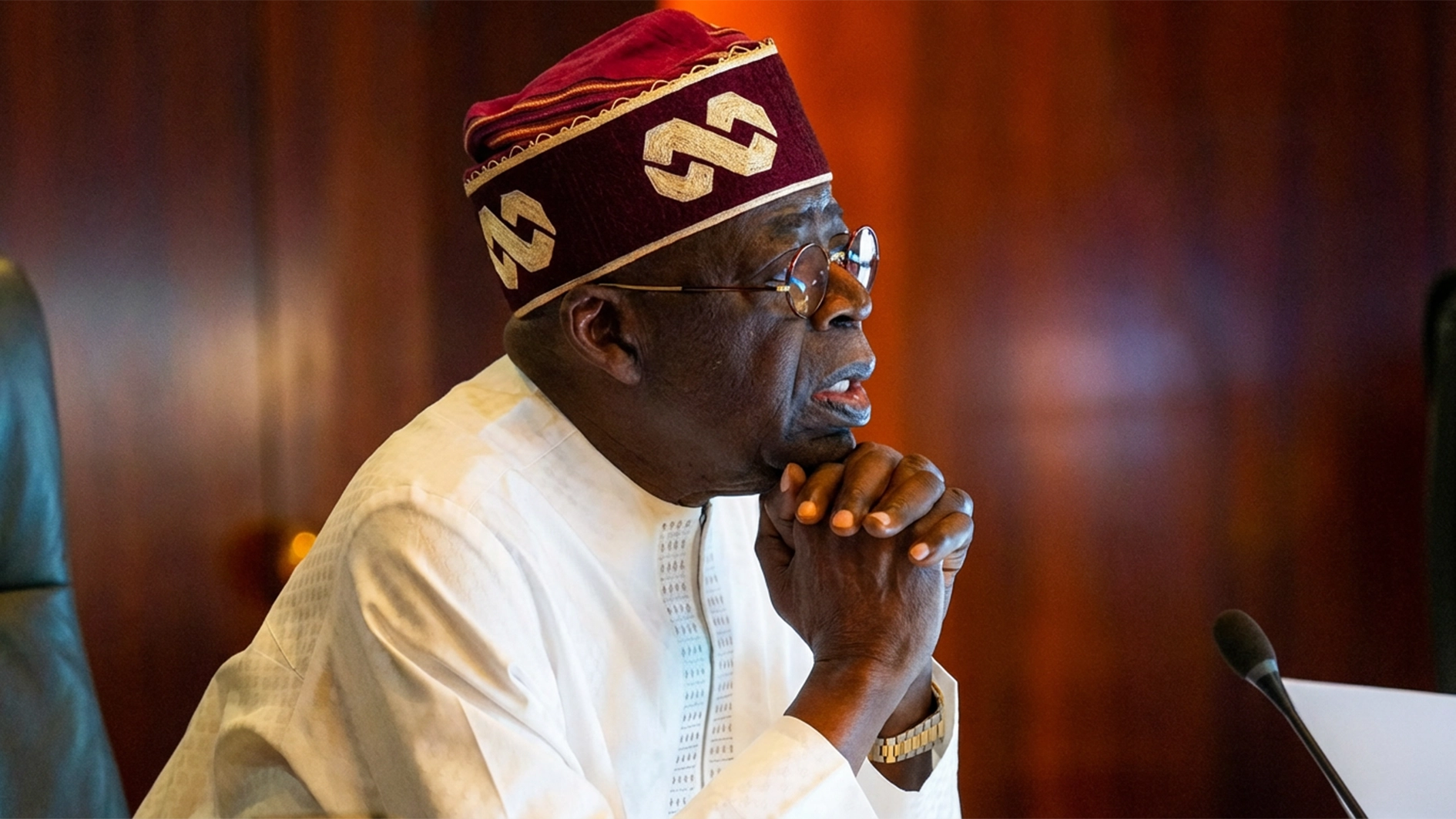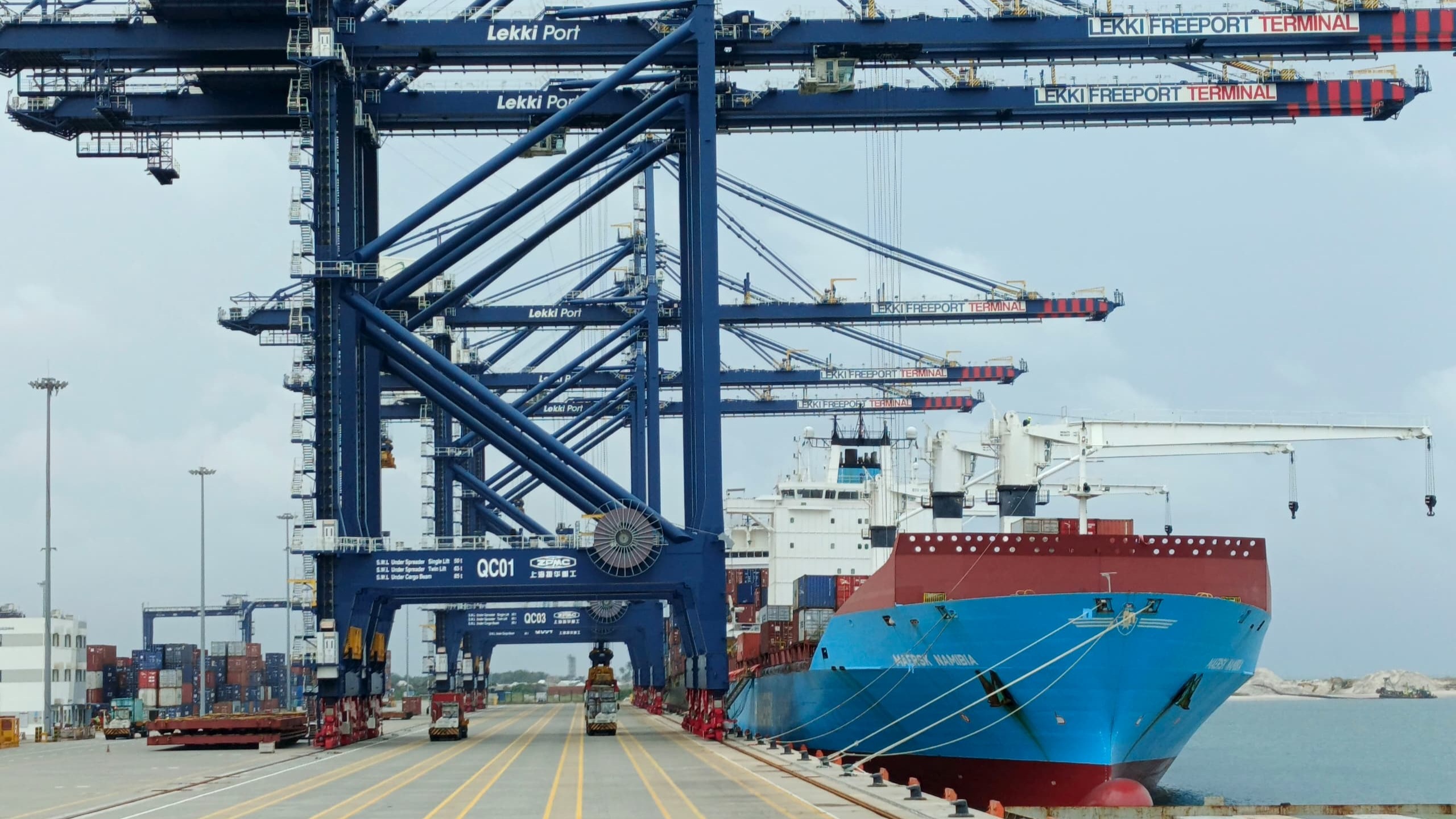The Sea Empowerment and Research Centre (SEREC) has urged the Comptroller-General of Customs, Bashir Adeniyi, to drive customs modernisation, promote Africa’s interests and position Nigeria as a key player in shaping the global trade agenda.
The Centre stated that with Adeniyi’s recent emergence as Chairperson of the World Customs Organisation (WCO) Council, Nigeria is now well-placed to influence global trade policy discussions on critical issues such as the African Continental Free Trade Area (AfCFTA), the fight against illicit trade, and the enhancement of digital border management systems.
In a formal position paper signed by its Head of Research, Dr Eugene Nweke, SEREC noted that Nigeria could champion uniformity and global best practices by spearheading customs innovations that support resilient and efficient supply chains.
The research body further highlighted that as the first Nigerian to hold the prestigious WCO position, Adeniyi is strategically positioned to advocate for the interests of developing economies, particularly within the African continent and the Global South.
SEREC stated that the role also presents an opportunity for Nigeria to deepen international collaboration, adopt global best practices, and improve its appeal to foreign investors.
To boost economic growth and enhance customs efficiency, the Centre urged Adeniyi to prioritise the strengthening of the manufacturing and export sectors, increase cargo throughput at ports, and closely monitor inflationary trends to ensure responsive policy measures.
SEREC also recommended that the Customs boss strike a balance between his new global responsibilities and domestic obligations by providing strategic leadership at the WCO.
The research centre emphasised the importance of focusing on key areas such as trade facilitation, security, cross-border cooperation and revenue optimisation.
Furthermore, the group underscored the CGC’s unique opportunity to promote Nigerian exports by working closely with institutions such as the Nigeria Export Promotion Council (NEPC) and the Nigeria Investment Promotion Commission (NIPC).
According to SEREC, such collaboration would help boost the global competitiveness of “Made-in-Nigeria” goods through more efficient customs procedures and investor-friendly trade policies.
On his part, the Comptroller-General of Customs, who received overwhelming support from member countries of the WCO, described his election as a humbling experience and a strong endorsement of the reforms and innovations undertaken by the NCS.
Adeniyi attributed the victory to Nigeria’s active implementation of various WCO tools and instruments, such as the Advance Ruling mechanism, Authorised Economic Operator framework, and the Time Release Study (TRS), all of which aim to boost trade facilitation and efficiency in customs operations.
“This is about Nigeria being recognised for embracing modernisation and making effective use of global best practices. What this tells us is that the global customs community has been noticing what is going on in Nigeria,” he said.
Looking ahead, Adeniyi underscored the need for continued integration of automation, intelligence-driven operations, and non-intrusive technologies, including scanners and spectrometers, to further streamline customs processes.
Addressing recent challenges in migrating from the legacy Nigeria Integrated Customs Information System (NICIS) to the new Unified Customs Management System (UCMS), Adeniyi acknowledged the technical issues and growing complaints from stakeholders.
He reiterated the importance of collaboration and innovation in overcoming current hurdles, pledging that Customs would continue to engage with partners to resolve issues and maintain the momentum of reform.






